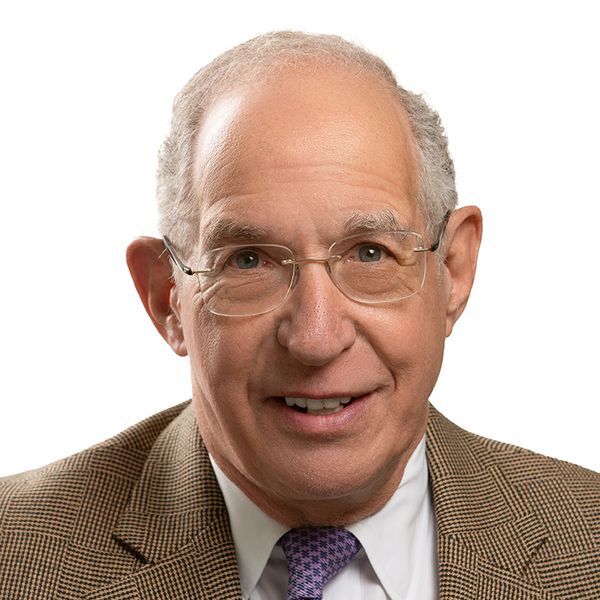
Theodore Sims
Professor of Law, School of Law
Following law school, Theodore Sims clerked for the Honorable John C. Godbold, of the United States Court of Appeals for the (then) 5th Circuit, practiced with (then) Wilmer, Cutler & Pickering, in Washington, DC, and served with the Office of Tax Policy of the United States Treasury. Upon leaving government service in 1981 he joined the faculty of the George Washington University Law School. While at GW Professor Sims completed a PhD in economics at MIT. He visited at the University of Michigan Law School in 1995, and joined the BU Law faculty in 1996. He visited at Harvard Law School in 2005.
Professor Sims’ areas of expertise include the taxation of capital income (including timing issues and the taxation of financial instruments), wealth transfer taxation, federal tax policy (including structural aspects of the tax system), and the effects of tax policy on inequality. He has taught federal income taxation, taxation of financial instruments, taxation of corporations and shareholders, tax policy, law and economics, social scientific methods, and trusts and estates. His current research interests include the taxation of cancellation of indebtedness income, the income taxation of risk, aspects of the taxation of financial instruments, and the treatment of deferral in general. His past work includes studies of the structure of wealth transfer taxation and structural aspects of tax shelters, as well as theoretical and econometric work on the relationship between tax-motivated trading and stock market returns.
Professor Sims has taught courses in discounting and the taxation of debt in the NYU/IRS continuing legal education program, in connection with which he developed materials on discounting that integrate the study of the present value fundamentals with the implementation of present value in computer spreadsheets, and apply those methods to understanding the taxation of debt instruments. He has served as a consultant to the US Treasury, has been a member of the American Law and Economics Association and is a member of the American Law Institute.